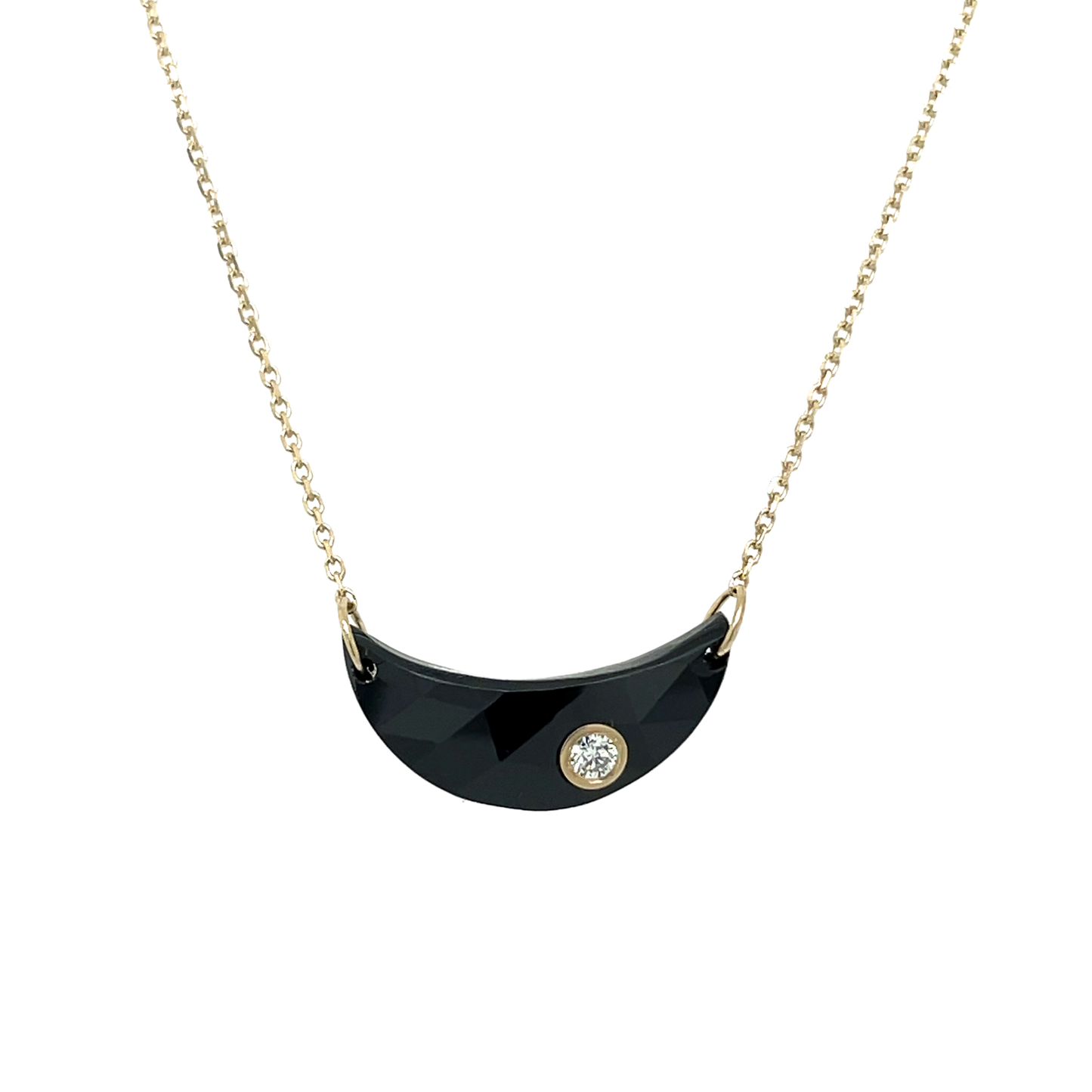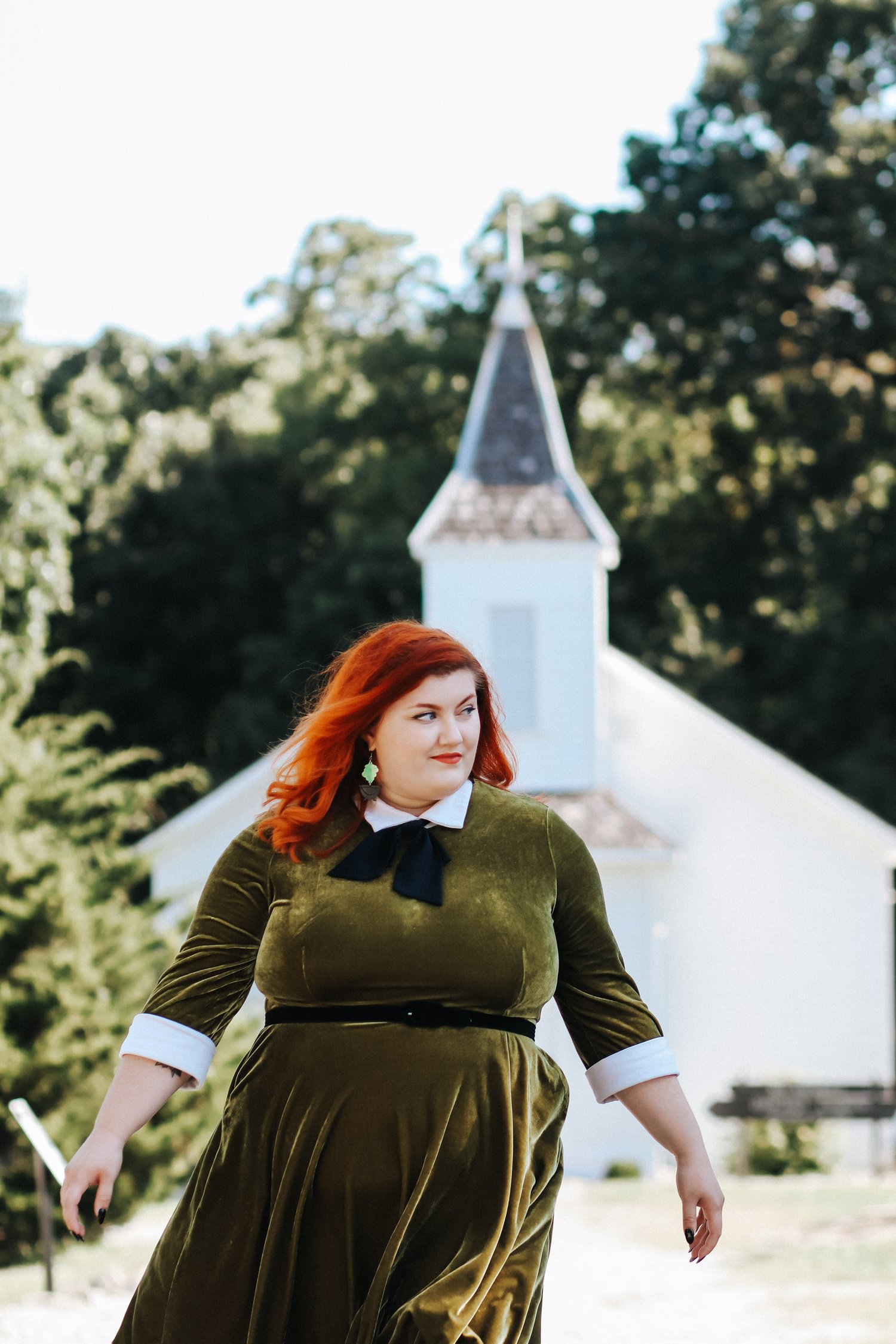Unraveling The Mystery: Who Wrote The Iconic "Witchy Woman"?
The Genesis of a Classic: Don Henley and Bernie Leadon's Collaboration
The story of "Witchy Woman" begins with the formation of one of America's most iconic rock bands. Formed in 1971, the Eagles were quickly tasked with finding a signature sound that would set them apart in the vibrant music landscape of the early 1970s. While early sessions proved difficult as they navigated their collective creative energies, it was during this formative period that the magic of "Witchy Woman" began to take shape. The song was written by two of the band's founding members: Don Henley and Bernie Leadon. This collaboration proved to be a pivotal moment for the nascent group. As Don Henley himself recounted, "Bernie and I just sort of stumbled" into writing the song. This organic, almost accidental, creative process speaks to the raw talent and chemistry that existed within the Eagles from their very beginning. The song was released as the second single from their debut studio album, *Eagles* (1972), hitting the airwaves on August 1, 1972. Its immediate impact signaled that the Eagles were a force to be reckoned with, and "Witchy Woman" was a powerful testament to their unique blend of rock and country influences.Charting Success and Enduring Legacy
Upon its release, "Witchy Woman" wasted no time in making its mark on the music charts, solidifying its place as one of the Eagles' early hits. The song reached an impressive No. 9 on the Billboard Pop Singles chart in the United States, demonstrating its broad appeal to a diverse audience. Its success wasn't limited to American shores; "Witchy Woman" also performed well internationally, going to number 8 in Canada and number 26 in the Netherlands. These chart positions underscored the song's immediate global resonance and the burgeoning popularity of the Eagles. Beyond its initial commercial success, "Witchy Woman" has transcended its original release to become a true staple of classic rock radio. It is often cited as one of the band's signature songs, a testament to its timeless quality and enduring appeal. When the Eagles released their spectral ballad ‘Witchy Woman’ in 1972, it immediately cast a spell over the airwaves. Its seductive rhythm and haunting imagery have ensured its continuous presence in the cultural consciousness, cementing its status as a quintessential track in the Eagles' vast catalog and in the broader history of rock music. The song's ability to remain relevant and beloved by generations of fans speaks volumes about its masterful composition and lyrical depth.The Architects Behind the Spell: Don Henley and Bernie Leadon
The creation of "Witchy Woman" was a collaborative effort, bringing together the distinct talents of Don Henley and Bernie Leadon. Their individual contributions converged to produce a song that was both lyrically compelling and musically innovative, showcasing the band's early exploration of rock and country influences. Understanding their backgrounds and creative approaches sheds light on how this iconic track came to be.Don Henley: The Lyrical Visionary
Don Henley, a prodigious drummer and vocalist, quickly established himself as a primary lyricist for the Eagles. His ability to craft vivid narratives and explore complex themes became a hallmark of the band's songwriting. For "Witchy Woman," Henley's lyrical inspiration came from an unexpected source. He revealed that the Eagles' "Witchy Woman" was inspired by the faux Native American music found in Hollywood movies. This intriguing detail suggests a fascination with mystical, perhaps even exotic, imagery that he then wove into the song's narrative. His lyrics for "Witchy Woman" are rich with evocative descriptions, painting a picture of a mysterious and captivating female figure that has held listeners spellbound for decades. Henley's unique perspective and poetic sensibility were crucial in giving the song its distinctive character and enduring mystique.Bernie Leadon: The Melodic Craftsman
Bernie Leadon, a multi-instrumentalist known for his prowess on guitar, banjo, and mandolin, brought a crucial element of country and folk influence to the Eagles' sound. His background in country rock was instrumental in shaping the band's early direction, providing a counterpoint to Henley's more rock-oriented sensibilities. Leadon's contribution to "Witchy Woman" was primarily on the melodic composition. The melodic composition of "Witchy Woman" is haunting and atmospheric, creating an evocative atmosphere that perfectly matches the lyrical theme. This blend of Leadon's intricate, often ethereal, musical arrangements with Henley's compelling lyrics created a synergy that defined the song's unique appeal. Leadon's ability to craft a soundscape that felt both ancient and contemporary was vital in making "Witchy Woman" such a distinctive and memorable track.Unpacking the "Witchy Woman": Lyrical Meanings and Inspirations
Beyond its catchy melody and chart success, "Witchy Woman" invites listeners to delve into its lyrical depth. The song tells a tale of an enigmatic female figure — powerful, captivating, and slightly dangerous. But what is the song "Witchy Woman" actually about, and who or what inspired this compelling character?The Enigmatic Figure: What is the Song About?
On the surface, the Eagles’ “Witchy Woman” is one of the thousands of classic rock songs about a woman who is both evil and irresistible. However, the lyrics go deeper, crafting a vivid and almost supernatural portrayal. The song weaves a tale of a seductive figure, as described by the lyrics: "raven hair and ruby lips sparks fly from her finger tips echoed voices in the night she's a restless spirit on an endless flight." This imagery immediately establishes her as something more than just an ordinary woman. She is a force of nature, possessing a captivating power that holds the narrator "spellbound in the night." The chorus further emphasizes her mystical qualities: "woo hoo, witchy woman see how high she flies woo hoo, witchy woman she got the moon in her eyes." The moon, often associated with mystery, intuition, and the subconscious, reinforces her connection to something ancient and powerful. Her "crazy laughter" and the setting of "dancing shadows and firelight" contribute to an atmosphere of dark allure and untamed energy. She is a figure of irresistible temptation, embodying both danger and profound fascination, making the "Witchy Woman" a truly unforgettable character in rock music.Real-Life Muses and Literary Echoes
Interestingly, the Eagles’ “Witchy Woman” was inspired by several real people — including one celebrity. While the specific identities are often shrouded in the mystique of rock and roll lore, it's known that the character was based on several women Leadon and Henley read about or met, including a friend of Henley’s girlfriend during the song's creation. This blend of real-life encounters with imaginative embellishment is a common thread in songwriting, allowing personal experiences to fuel universal themes. What makes it different from many of its peers is that the Eagles’ Don Henley wasn’t in his right mind when he wrote it, a statement that adds another layer of intrigue to the song's creation. This could imply a state of heightened creativity, perhaps influenced by late-night sessions or a stream-of-consciousness approach to songwriting. Furthermore, literary influences played a role in shaping the character. Figures like Scott Fitzgerald, known for his complex female characters, and Carlos Castaneda, whose writings often explored shamanism and altered states of consciousness, are cited as influences. These diverse inspirations, from real individuals to literary figures and even the concept of "faux native American music," converged to create the multifaceted and enduring character of the "Witchy Woman."The Musical Tapestry: Blending Rock and Country
"Witchy Woman" stands as a prime example of the Eagles' early sound, a masterful fusion of rock and country influences that would come to define their iconic style. Written by Don Henley and Bernie Leadon, it showcases the band's early exploration of these genres, creating a sound that was both familiar and fresh for its time. The song's musicality is as captivating as its lyrics, contributing significantly to its enduring appeal. The melodic composition of "Witchy Woman" is haunting and atmospheric, creating an evocative atmosphere that perfectly matches the lyrical theme. Bernie Leadon's distinctive guitar work, often infused with country and folk sensibilities, lays down a rich, intricate foundation. This is complemented by the rhythm section, providing a steady, almost hypnotic beat that draws the listener in. The arrangement builds a sense of mystery and allure, mirroring the enigmatic nature of the "Witchy Woman" herself. The vocal harmonies, a signature element of the Eagles' sound, add layers of depth and texture, making the song feel both grand and intimately personal. This seamless blend of instrumentation and vocal delivery showcases the band's collective talent and their innovative approach to genre-bending, solidifying "Witchy Woman" as a landmark track in their discography.Why "Witchy Woman" Continues to Captivate
Decades after its release, "Witchy Woman" remains a powerful and beloved song, a testament to its enduring quality and the timeless artistry of the Eagles. Its continued presence on classic rock radio and its frequent inclusion in the band's live performances speak volumes about its lasting impact. The song's ability to resonate with new generations of listeners, who may not have been alive when it was first released, underscores its universal themes and masterful execution. The allure of "Witchy Woman" lies in its multifaceted appeal. It combines a compelling narrative with a distinctive musicality, creating an experience that is both intellectually stimulating and emotionally resonant. The mysterious character, the haunting melody, and the seamless blend of rock and country elements all contribute to its unique charm. It’s a song that captures the imagination, inviting listeners to ponder the nature of power, seduction, and the unknown. As one of the Eagles' first top 10 hits, "Witchy Woman" not only launched them into stardom but also established a benchmark for their future work, defining an era of music and securing its place as a true classic. --- **Conclusion** In conclusion, "Witchy Woman," the iconic 1972 song by the Eagles, was masterfully written by Don Henley and Bernie Leadon. This collaborative effort, born from a blend of personal experiences, literary influences, and a touch of Hollywood mystique, resulted in a track that immediately captivated audiences and climbed the charts. Its haunting melody, evocative lyrics, and seamless fusion of rock and country influences solidified its place as one of the band's signature songs and a timeless classic rock anthem. The enduring appeal of "Witchy Woman" lies in its ability to transport listeners into a world of enigmatic power and irresistible allure, proving that some spells are meant to last forever. We hope this deep dive into its origins has shed new light on this captivating piece of music. What are your favorite memories associated with "Witchy Woman"? Share your thoughts in the comments below, and don't forget to explore other timeless tracks by the Eagles!- Population Of Sunni In Iran
- Cheyenne Swenson Topless
- Uncut Wab Series
- Iran Gdp Ranking World 2024
- Mlb Weather Report

Witchy Woman – My Store

Beautiful Witch, Witchy, Demon, Wonder Woman, Superhero, Fictional

Witchy Woman Photoshoot — Midge Munster